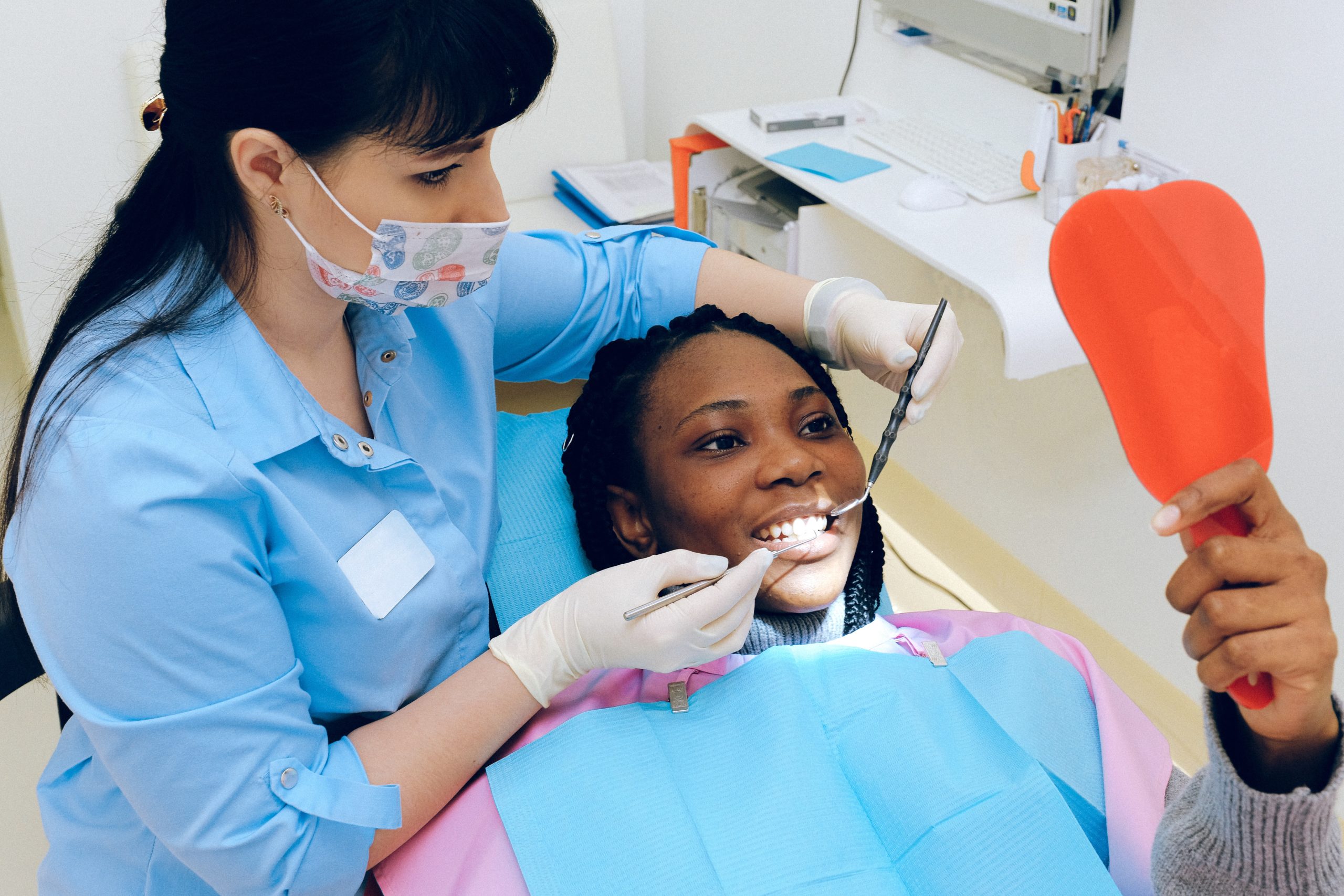Xerostomia (Dry Mouth) – Causes and Treatments
Written by: Colette Jesikiewicz CDPMA, FADAA
What Is It?
Dry mouth (xerostomia) is a condition caused by the reduction of saliva production. This condition does have dental implications. The goal of the dental team is to relieve discomfort and to prevent dental complications.
Saliva is produced by three glands, the sublingual, the parotid, and the submandibular gland, and it is composed of antimicrobial agents that help keep the normal balance of the mouth in control. Once saliva output falls below 50%, xerostomia occurs. Without saliva the patient is more susceptible to tooth decay and oral infections.
What Causes Xerostomia?
The causes of xerostomia are many, but the most common cause is medications. There are over 400 prescription and over-the-counter medications that can cause dry mouth. Some of the most common include antianxiety, antidepressant, antihistamines, high blood pressure medication, decongestants, anti-inflammatories, muscle relaxants, diuretics, and cholesterol medications, just to name a few. Other causes range from chemotherapy and radiation treatments, autoimmune diseases such as Sjogren disease, cystic fibrosis, Hepatitis C, HIV/AIDS, diabetes, and uncontrolled high blood pressure. A detailed medical history is necessary and needs to include ALL medications the patient is taking.
What Are The Symptoms?
Some of the symptoms of xerostomia involve a dry sensation in the mouth, cracked lips, mouth sores, and halitosis. The patient may also have trouble chewing, swallowing, or even speaking, or they may be unable to tolerate spicy or salty foods. Some may be unable to wear partials or dentures.
How To Treat It
There are several ways to address the condition of xerostomia. The patient may sip water throughout the day avoiding extreme hot or cold water. Sugared, carbonated, or caffeinated drinks may be occasionally consumed but generally should be avoided. Tobacco products and alcohol can dry out the mouth and should also be reduced if not eliminated whenever possible. Chewing sugarless gum can stimulate saliva flow. If the patient wants to use mouthwashes only alcohol-free mouthwashes should be recommended. There are multiple over the counter and prescription medications that can temporarily give relief by reducing the dry mouth sensation.
Since many of the medications that cause xerostomia are medically necessary and life sustaining, there should be communication with the prescribing medical provider about the adverse dental effects. In some cases, the timing of taking the medication or taking the medication in smaller doses several times a day may reduce the drying effect. Medications may be taken in the morning so the patient can sip water or ice during the day instead of taking the medication at night. The medication may be changed from twice a day to four times a day. This should NEVER be suggested or recommended without direct consultation of the medical provider.
Xerostomia can be very painful for your patient however with proper diagnosis and treatment the patient may be able to achieve comfort without adverse dental side effects.
Below is a list of medications that can cause dry mouth:
Blackstone’s Dental Office Assistant Program provides valuable career related information to prepare students for an entry-level position in the field. Our dental office assistant program provides you with the latest information on operating a dental office and preparing you for the various tasks an administrative dental assistant may encounter. For example, students will learn up-to-date CDT-5 Dental Codes, new HIPAA and OSHA guidelines, along with practice administrative procedures such as entering patient data, posting payments and scheduling appointments. Throughout the eight units of the course, the eBook for Administrative Dental Assistant will guide some of your studies and the adjunct professor will be ready to assist you!














